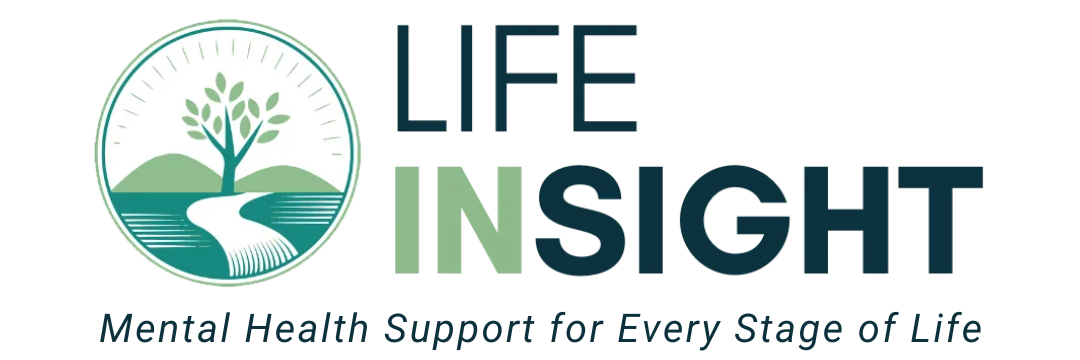Diagnostic Testing & Assessments – Get Answers, Take Action
At Life InSight, we offer comprehensive neuropsychological, psychoeducational, and developmental assessments to help you or your child understand learning, cognitive, emotional, and behavioral challenges. Our expert clinicians provide in-depth evaluations that lead to actionable insights and tailored recommendations—helping you take the next step toward success.
- Testing for children, teens & adults
- In-person evaluations with experienced clinical psychologists
- Personalized reports & step-by-step guidance
Book a Diagnostic Assessment Today!
What We Test For
Our evaluations provide clarity on a wide range of challenges, including:
- Learning Disabilities (Dyslexia, Dyscalculia, Dysgraphia)
- ADHD & Executive Functioning Challenges
- Autism Spectrum Disorder (ASD) Evaluations
- Cognitive & Intellectual Testing (IQ Testing, Giftedness Assessments)
- Emotional & Behavioral Assessments (Anxiety, Depression, OCD, Mood Disorders)
- Memory & Processing Speed Evaluations
Get the insights you need—schedule an evaluation today!
What to Expect from the
Evaluation Process
We make the testing process clear, supportive, and results-driven.
1. Comprehensive Intake & Background Review
We begin with an in-depth consultation to understand medical, educational, and psychological history. We may also gather input from teachers, caregivers, or other professionals.
2. Personalized Testing Plan & Administration
Testing takes 4-10 hours, depending on the assessment type.
Evaluations are completed in-person and may be spread across multiple sessions.
We use gold-standard, research-backed testing methods for accuracy and reliability.
3. Optional Observations
For children and teens, we may include classroom or home environment observations to assess real-world challenges in learning, social skills, and emotional regulation.
4. Expert Report & Personalized Action Plan
Receive a detailed, easy-to-understand report explaining test results.
Gain clear, step-by-step recommendations for academic, behavioral, and emotional support.
Reports can be shared with schools, doctors, or therapists (with consent).
Schedule a feedback session with our psychologists to discuss next steps.
Ready to get started? Call us today to book your evaluation!
Why Choose Life InSight for Testing?
- Expert Clinical Psychologists with years of experience in neuropsychological assessments
- Compassionate & Personalized Approach tailored to each individual’s needs
- Collaboration with Schools & Providers for coordinated support
- Comprehensive, Clear, and Actionable Reports that make a real difference
Find Answers & Get Support – Book a Consultation Today!
📞 Call (201) 297-9170 or Schedule Online Now!
Types of Evaluations
FAQs
What types of diagnostic testing do you offer?
We offer comprehensive neuropsychological, psychoeducational, and developmental assessments to help individuals understand learning, cognitive, emotional, and behavioral challenges. Our evaluations provide clarity on a wide range of challenges, including learning disabilities, ADHD, autism spectrum disorder, cognitive and intellectual functioning, emotional and behavioral issues, and memory and processing speed evaluations.
What can I expect from the evaluation process?
The evaluation process includes a comprehensive intake and background review, personalized testing plan and administration, optional observations (for children and teens), and an expert report with a personalized action plan. Testing takes 4–10 hours, depending on the assessment type, and evaluations are completed in-person and may be spread across multiple sessions.
Who conducts the assessments?
Our assessments are conducted by experienced clinical psychologists who specialize in neuropsychological evaluations. They provide compassionate and personalized care tailored to each individual’s needs.
How are the results used?
The detailed, easy-to-understand report explains test results and provides clear, step-by-step recommendations for academic, behavioral, and emotional support. Reports can be shared with schools, doctors, or therapists (with consent) to guide the next steps toward success.
Do you accept insurance or offer a sliding scale?
Life InSight accepts certain insurance plans and offers a sliding scale fee structure based on financial need. Please contact our office directly to discuss your specific situation and determine the best payment options available for you.


